Strengthening U.S.-Honduras agricultural ties
Graduates of Universidad Nacional de Agricultura become leaders at the University of Georgia College of Agricultural and Environmental Sciences
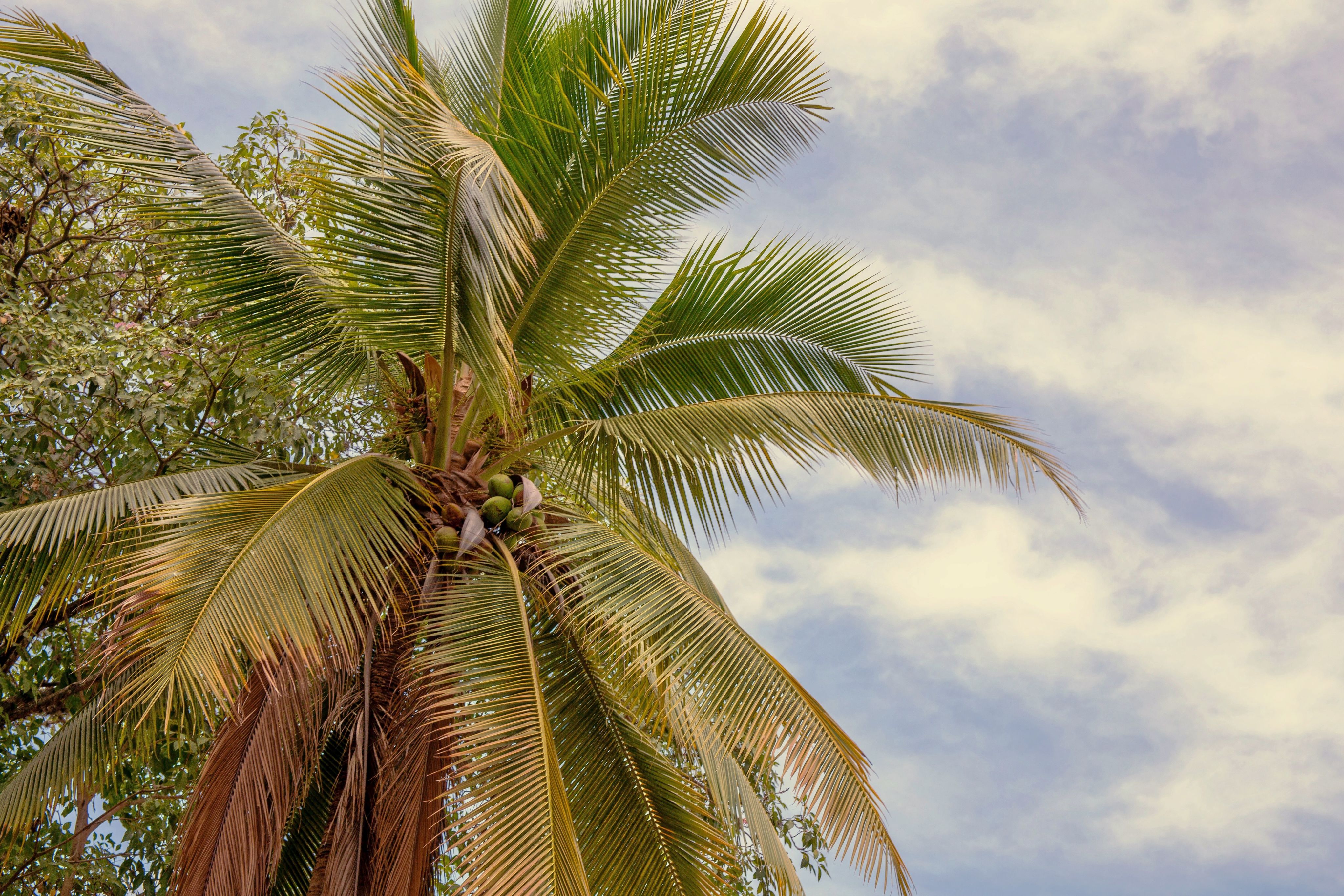
Driving down a bumpy road in rural Honduras, Rolando Orellana looks out at the countryside dotted with freely roaming cattle, citrus trees and workers tending fields of crops. Orellana, who has spent the last 23 years in the United States, said Honduras will always be home in his heart. It's where he was raised, helping his father grow coffee, and where his family still lives.
A faculty member of the College of Agricultural and Environmental Sciences on the University of Georgia Griffin campus, Orellana serves as the urban water management agent for UGA Cooperative Extension. He is among the many faculty members in agricultural colleges across the U.S. who graduated from Universidad Nacional de Agricultura (UNAG), the premier public agricultural college of Honduras.
The UNAG Alumni Association
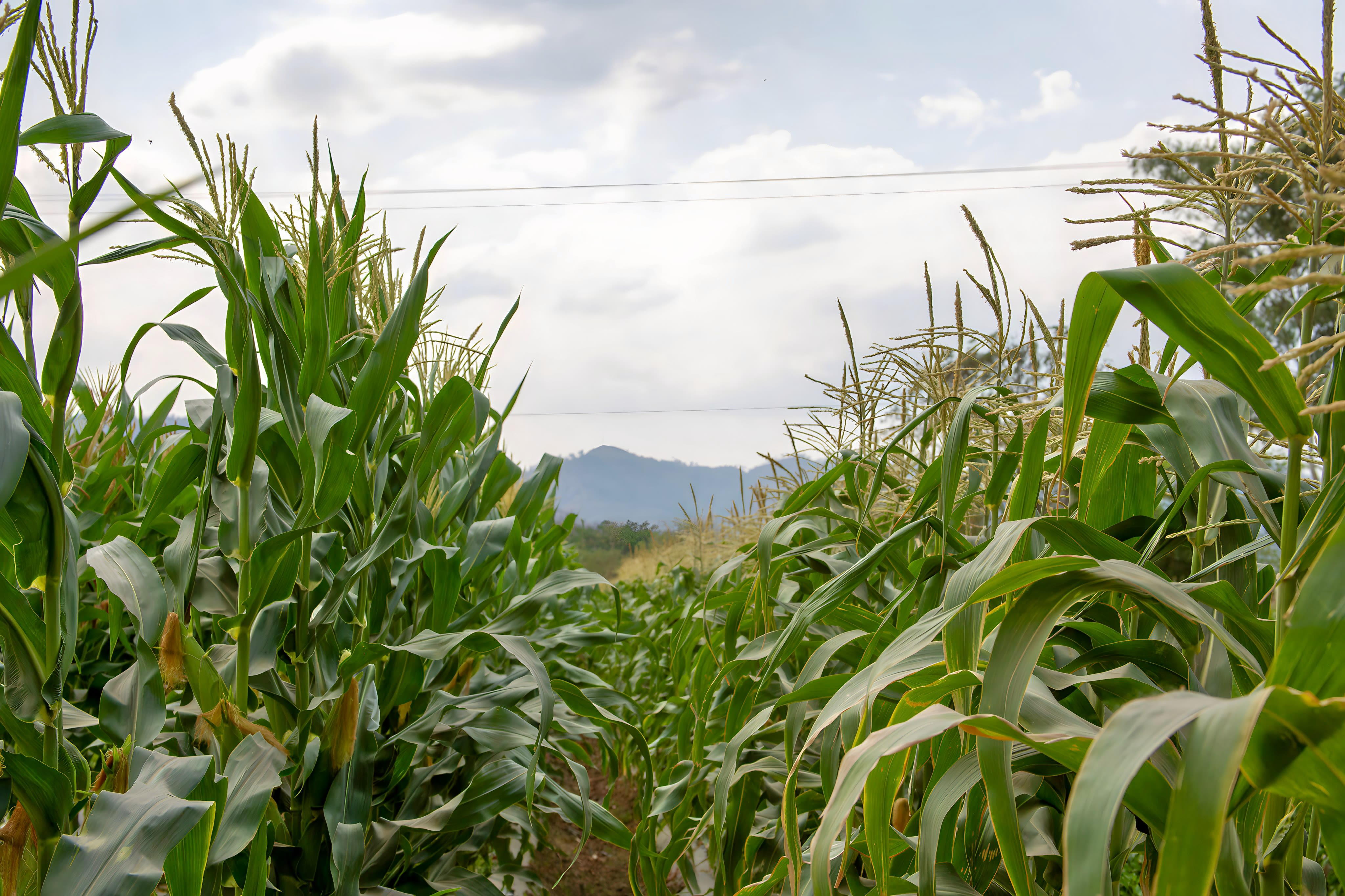
In 2019, Orellana and several other UNAG alumni at CAES and other agricultural colleges in the U.S. established the UNAG Alumni Association in the U.S. (UAA-US) to foster academic connections between Honduras and the U.S., facilitating the continued exchange of resources, knowledge and support that they benefited from as students.
The main goal of UAA-US is to connect UNAG students graduating from the four-year program to advanced agricultural degree programs in the U.S. Many UNAG students are motivated to seek advanced degrees because of their experiences growing up in rural parts of the country, often helping on family farms, Orellana explained.
“Because of their firsthand experiences on farms and the rigorous curriculum at UNAG, these students are passionate, top-performing, highly motivated candidates,” said Orellana.
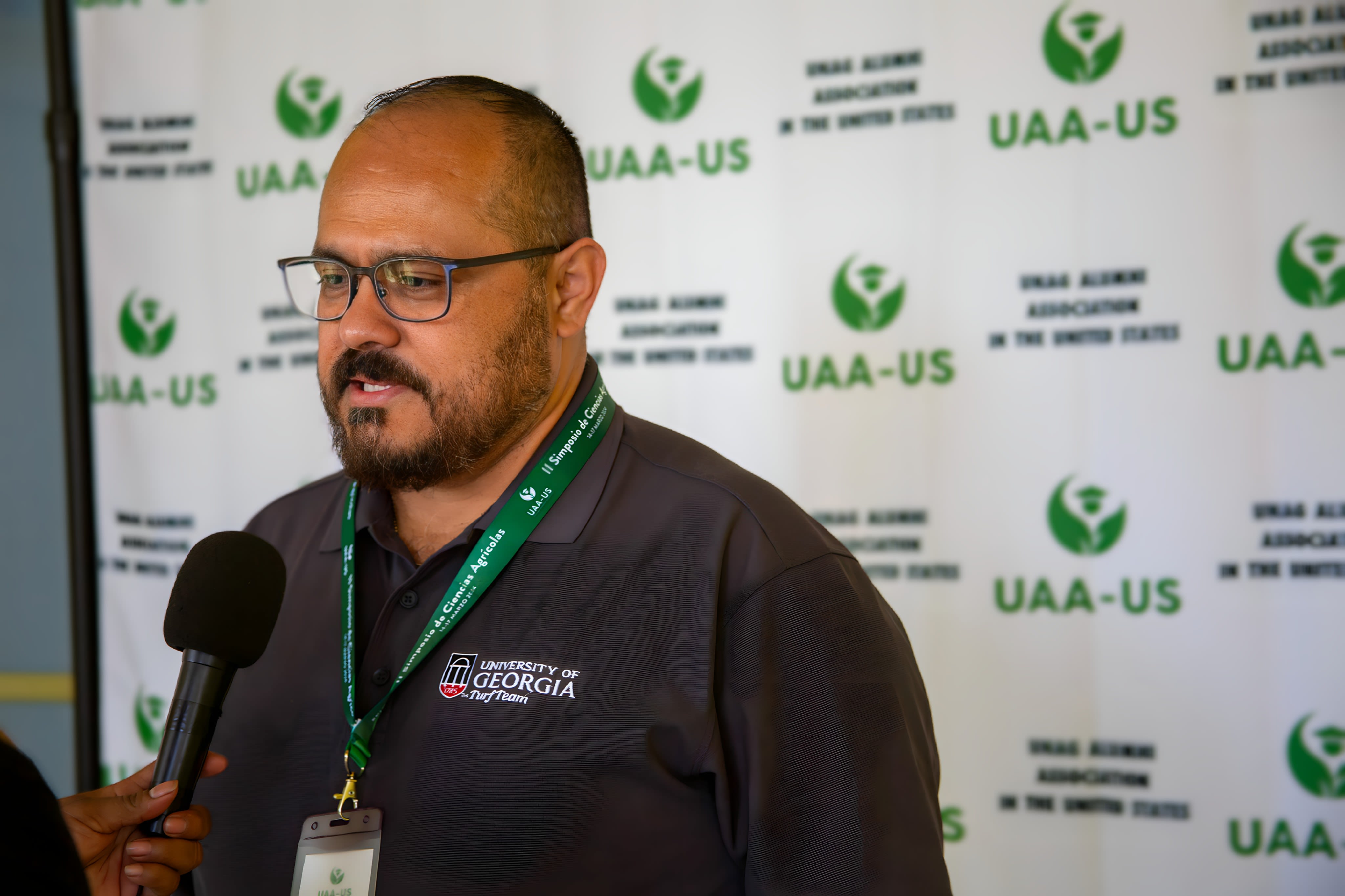
Rolando Orellana helped create the UNAG Alumni Association in the U.S. as a way to give back to his alma mater. The group helps current students find advanced degree programs in the States.
Rolando Orellana helped create the UNAG Alumni Association in the U.S. as a way to give back to his alma mater. The group helps current students find advanced degree programs in the States.
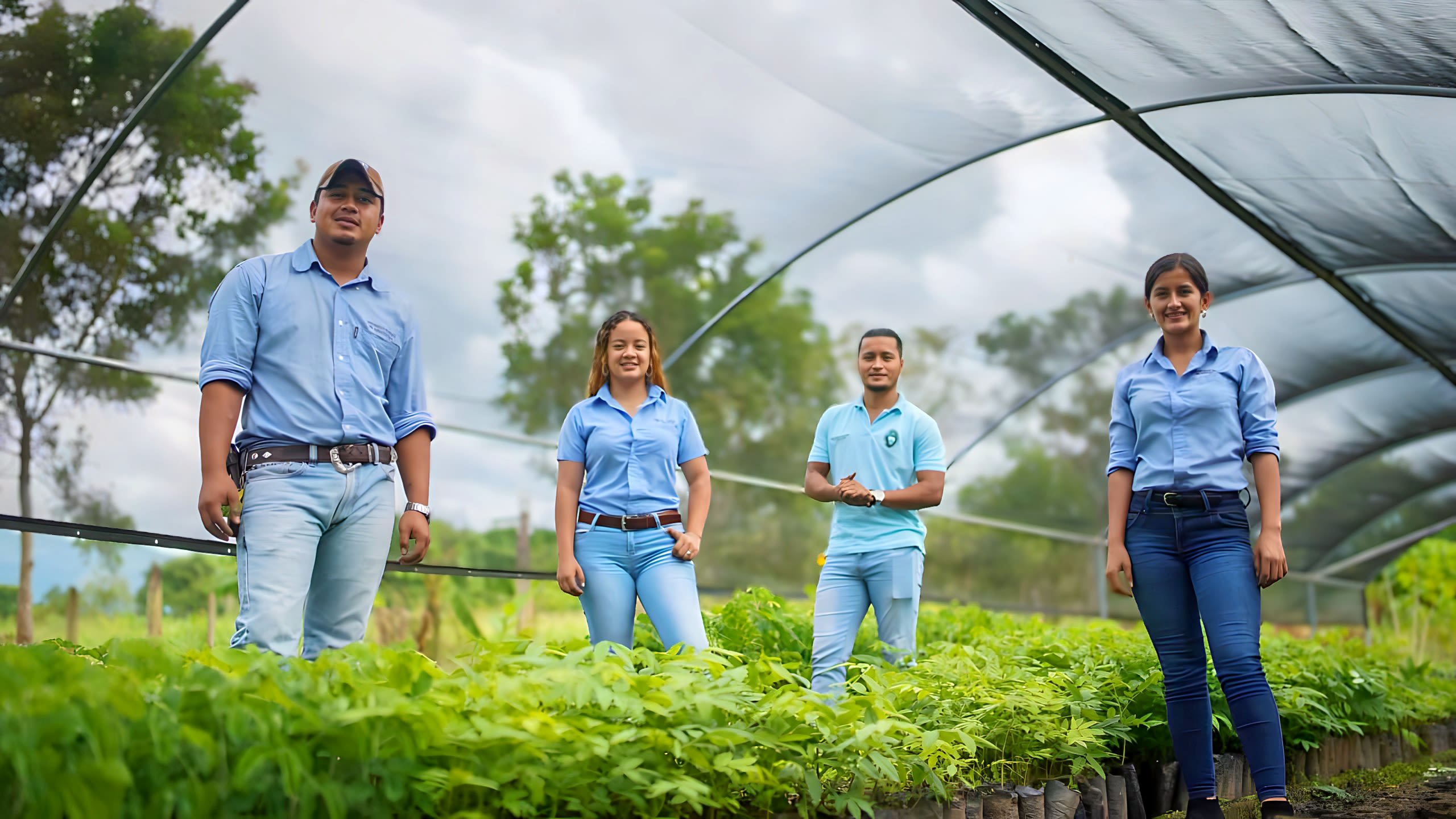
Many UNAG students who have graduated from doctoral programs in the U.S. have become professors or U.S. Department of Agriculture scientists in agricultural programs throughout the U.S.
Many UNAG students who have graduated from doctoral programs in the U.S. have become professors or U.S. Department of Agriculture scientists in agricultural programs throughout the U.S.
From Olancho, Honduras, to Tifton, Georgia
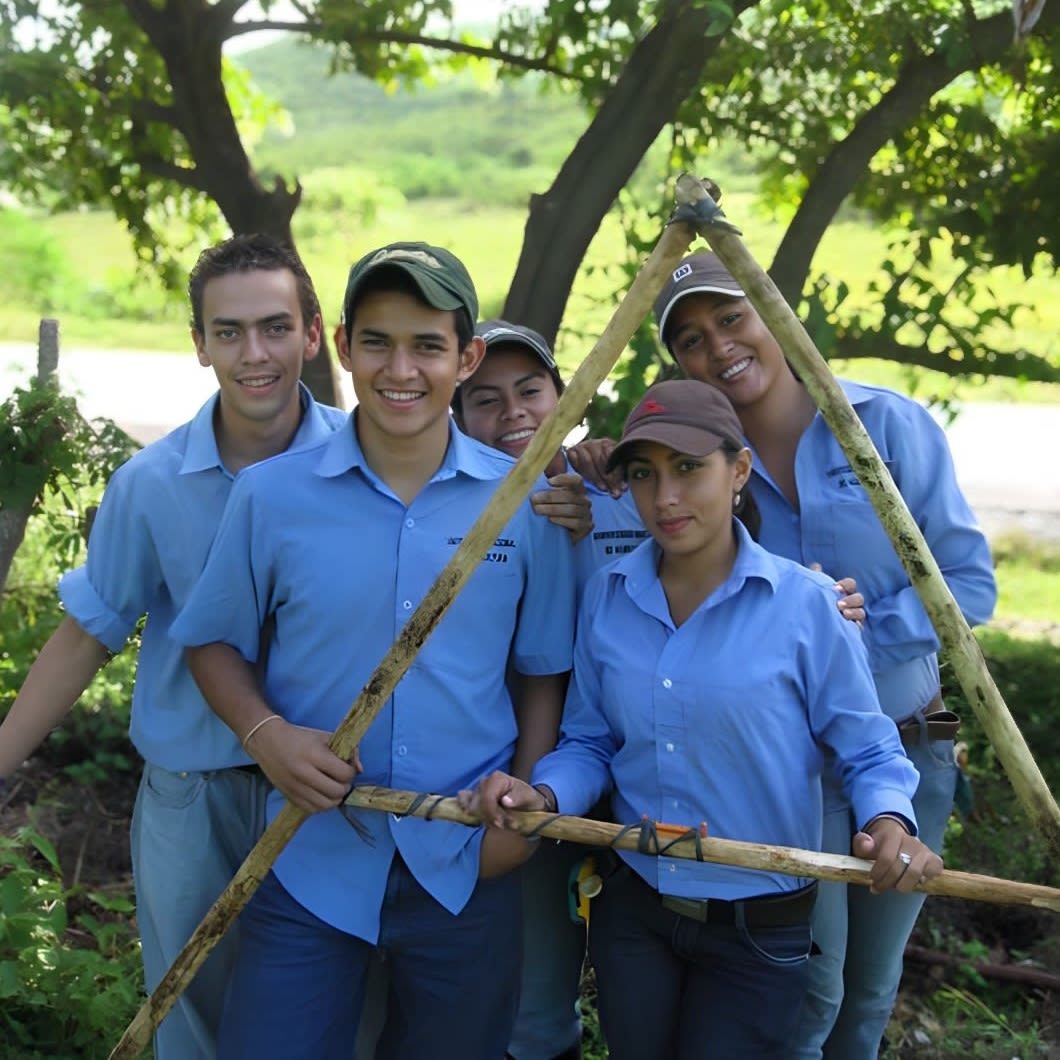
Alejandra Jimenez Madrid (front right), the president of UAA-US, said she's always had a passion for plant pathology, beginning as an undergraduate at UNAG.
Alejandra Jimenez Madrid (front right), the president of UAA-US, said she's always had a passion for plant pathology, beginning as an undergraduate at UNAG.
Alejandra Jimenez Madrid
Alejandra Jimenez Madrid is a UNAG graduate who received her master’s and doctoral degrees in the U.S.
Now Madrid serves as the director of the Plant Molecular Diagnostic Lab on the UGA Tifton campus.
Current president and one of the founders of UAA-US, Madrid said the group was formalized as a result of the collective desire of a network of UNAG alumni around the world who are serving in faculty positions at colleges and universities or working in industry or governmental institutions.
“Many of us are products of internship opportunities that opened doors for a better future,” Madrid said. “We see this as a way to give back and support students and faculty at UNAG.”
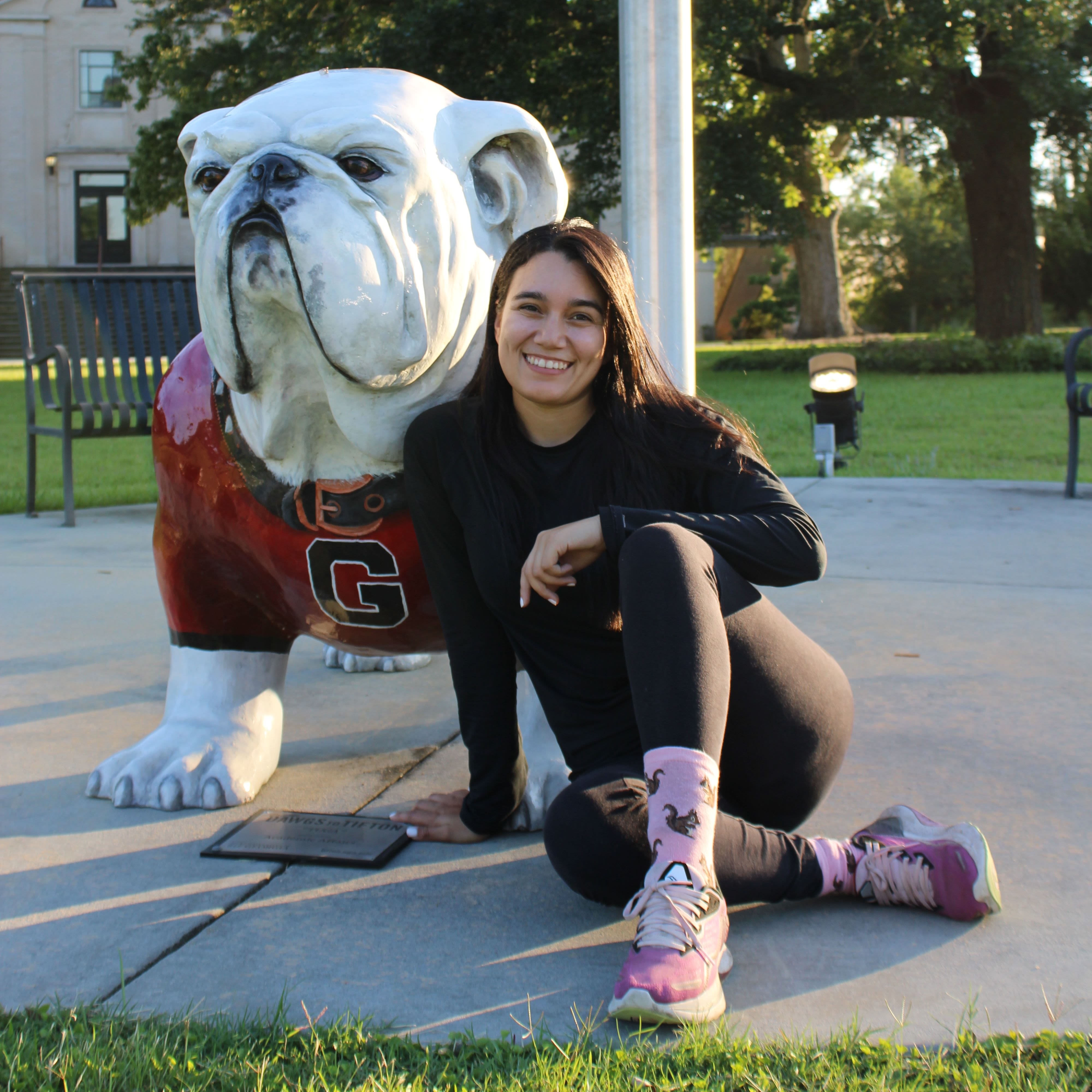
Lilian Carcamo said her path to UGA was difficult but rewarding. She's proud to help other UNAG students navigate the path of academic and professional growth.
Lilian Carcamo said her path to UGA was difficult but rewarding. She's proud to help other UNAG students navigate the path of academic and professional growth.
Lilian Carcamo
Lilian Carcamo is a horticulture doctoral student studying postharvest physiology of blueberries at UGA-Tifton. Having first come to the U.S. through an internship opportunity with The Ohio State University, she now serves as chair of the UAA-US selection committee, carefully screening and interviewing the best UNAG candidates for available positions in U.S. programs.
Recalling her own academic journey, she once believed it would be impossible to study in the U.S.
“It’s not easy because you have to not only excel academically among your own peers, but also learn a new language to stand out from other extremely qualified students in the U.S. who are applying to the same graduate programs you are,” Carcamo said.
Agricultural education and professionalism in Honduras
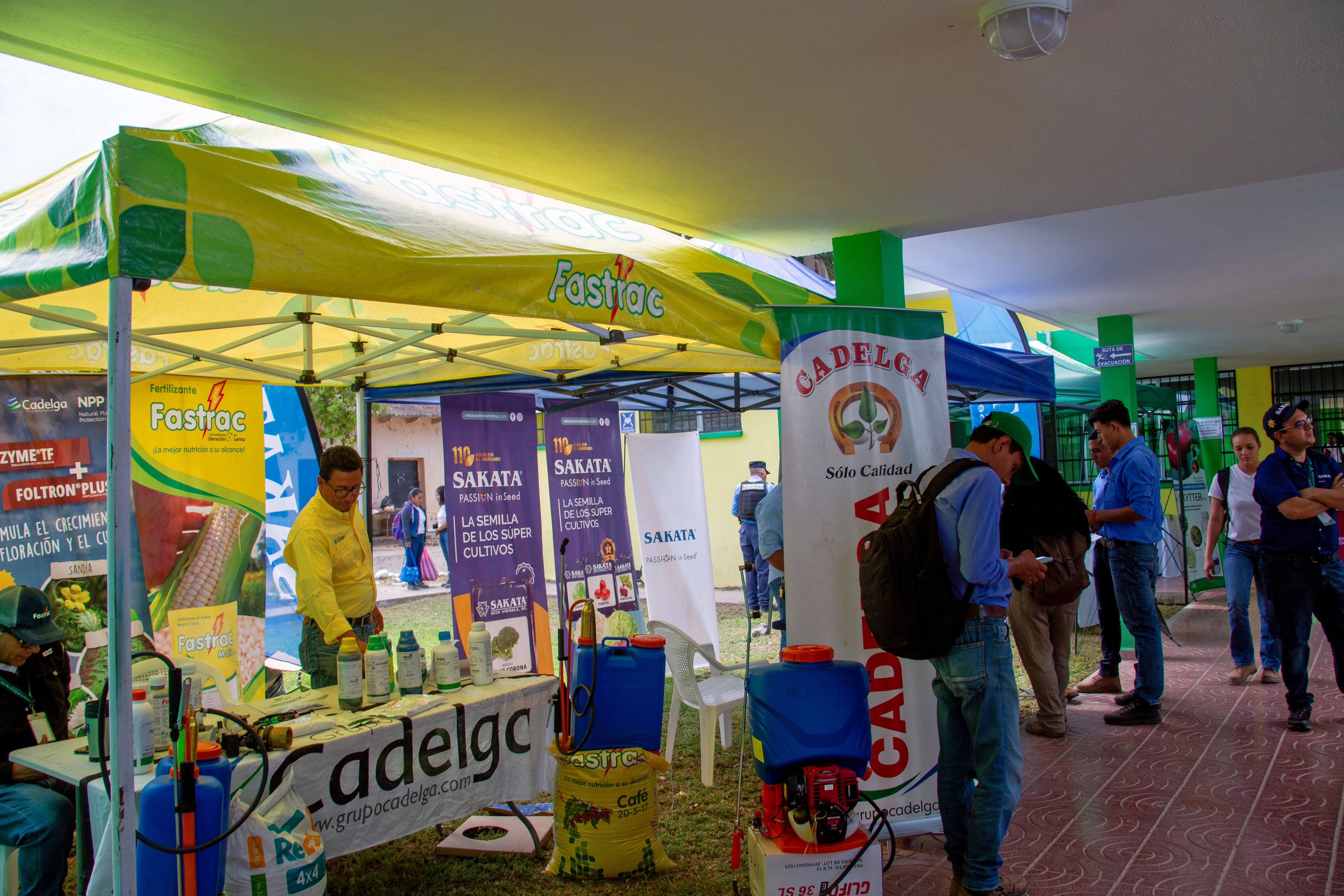
This spring, the UAA-US hosted its second international symposium at the UNAG satellite campus in Comayagua, Honduras, one of four satellite campuses of the main campus in Catacamas, Honduras. The satellite campuses extend educational opportunities and broaden the perspectives of rural students.
Over the course of three days, faculty and graduate student alumni from U.S. institutions presented their research findings and networked with current UNAG students seeking opportunities to study in the U.S.
Orellana stressed the importance of annual academic meetings for developing professionalism in agriculture. By sharing cutting-edge research, advanced technologies and best practices used in agricultural production in the U.S. and other developed countries, they provide vital support for the leading industry in Honduras and throughout Central America.
By showing the breadth of agricultural career opportunities beyond traditional production, he hopes a new generation of Hondurans will help improve the country’s agricultural systems. Through trade shows, annual meetings also draw exhibitors from Honduran government agencies and private industries that can directly engage with students as prospective employees.
“One of the most precious assets to this country is its youth,” said Orellana. “Having job opportunities in the country helps retain these stellar students who either prefer to stay in Honduras or cannot find opportunities in the U.S. for pursuing an advanced degree.”
Collaborative research, industry and development opportunities
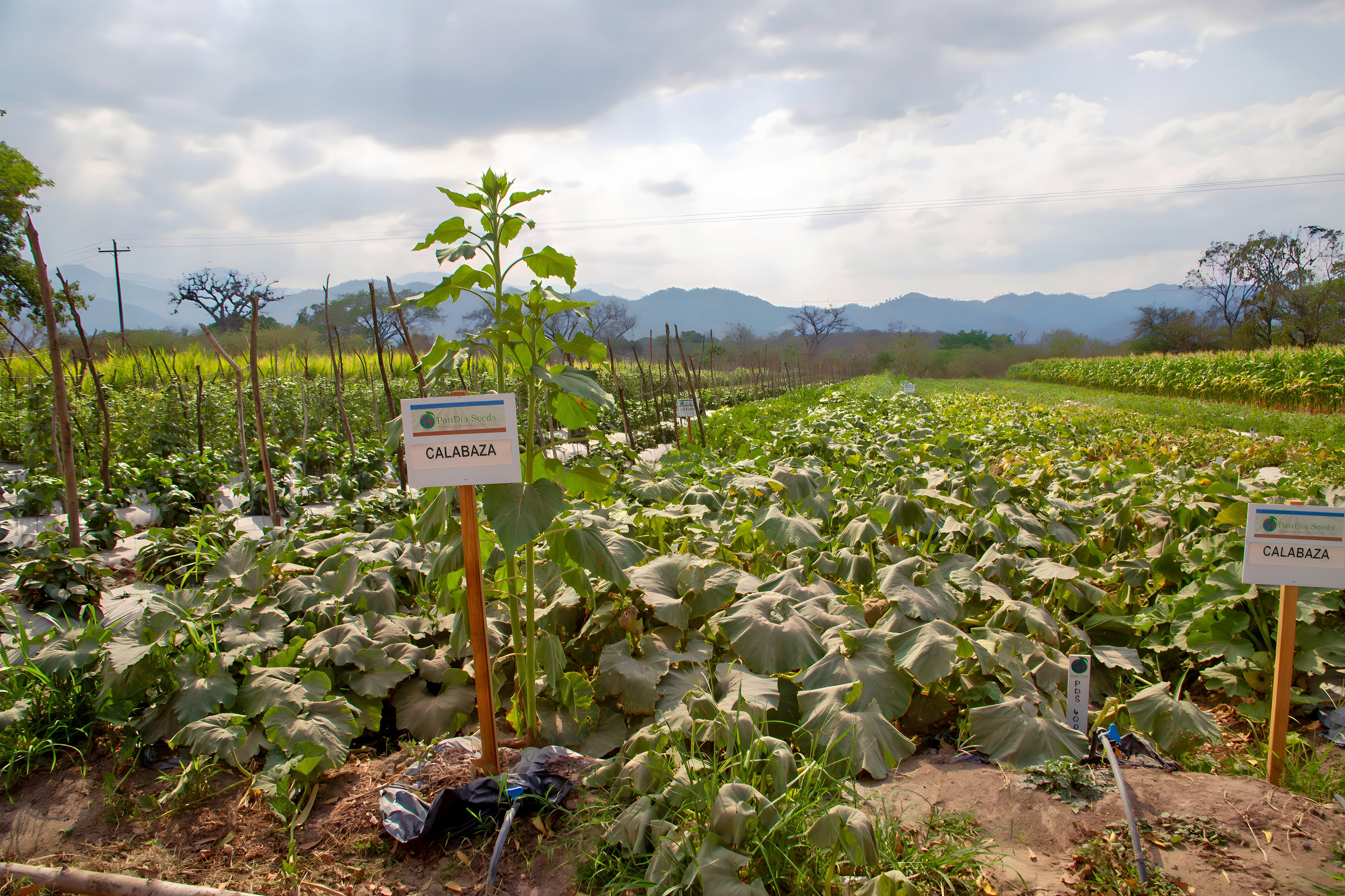
In a keynote address to the group, Dan Suiter, a UGA Extension entomologist, discussed how the international effort between UNAG and prominent agricultural colleges in the U.S. like CAES adds valuable, diverse perspectives in academia. The Orkin Distinguished Professor of Urban Entomology at UGA, Suiter encouraged students to think beyond production agriculture and their degrees by seizing opportunities to take the lead in entrepreneurial endeavors, such as the pest control industry.
“By actively participating in this partnership, CAES and other institutions demonstrate their commitment to global agricultural development and education,” Suiter said. “Sometimes, students don’t know what opportunities are out there for them, so our involvement helps train and bolster the next generation of global leaders to take on agricultural issues beyond a country’s borders.”
UNAG agronomy alumnus Jorge Reyes said he never imagined he would one day be involved in research on controlled environment agriculture (CEA) while growing up on his family coffee farm in Honduras.
A 2023 doctoral graduate from the CAES Department of Horticulture, he is currently a postdoctoral researcher and project coordinator for Project LAMP, a multidisciplinary research effort at UGA to help CEA growers reduce production costs while giving them more control over crop growth and quality.
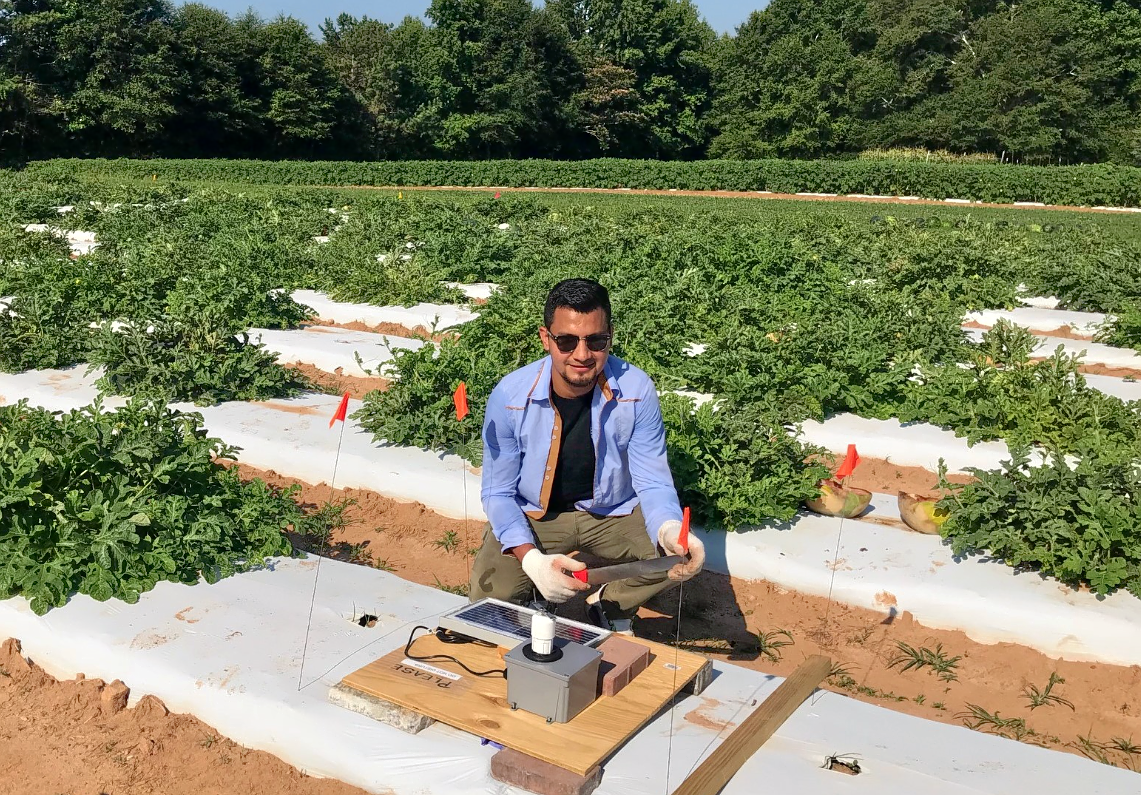
Jorge Reyes samples fungal spore traps in watermelon for his doctoral research project.
Jorge Reyes samples fungal spore traps in watermelon for his doctoral research project.
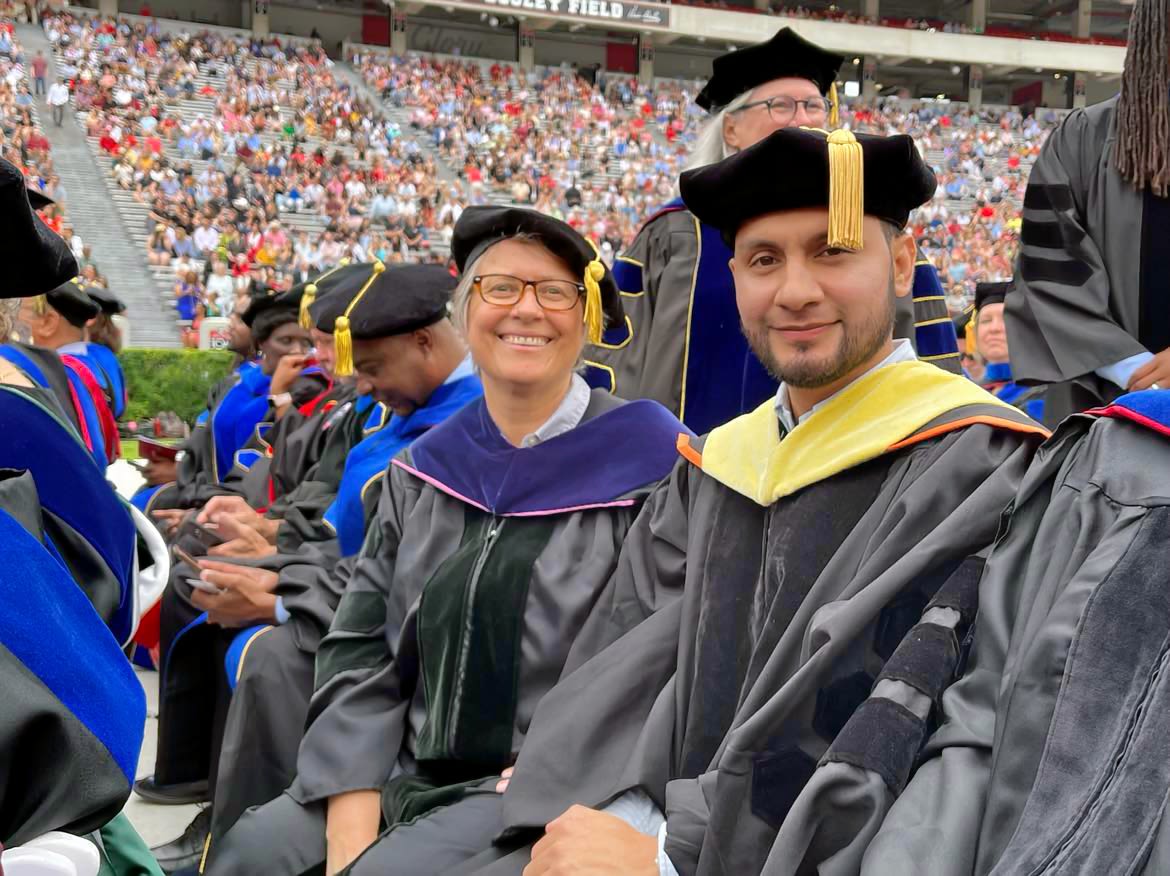
Reyes earned his doctorate under CAES Professor Cecilia McGregor in 2023.
Reyes earned his doctorate under CAES Professor Cecilia McGregor in 2023.
As the alumni association continues to expand, members will continue to establish joint research initiatives between CAES and UNAG to develop innovative solutions for agricultural challenges faced by both regions. Projects focusing on critical areas such as crop improvement, pest management, soil health and animal production are crucial for the U.S. and Honduras' economic and environmental well-being as neighbors and trade partners. Collaborative projects allow researchers to consolidate intellectual and practical resources, leading to more comprehensive studies.
Future collaborative efforts are critical to addressing broader challenges like food security, climate change and sustainable agricultural development for a growing global population, Orellana said.
“Academic collaborations like this foster mutual understanding and cooperation between countries and, ultimately, help build a global network of agricultural professionals who can collaborate on solving global food security issues,” he said.
Want to get involved?
UAA-US is actively seeking graduate programs within CAES to host talented students from UNAG. Join us in fostering academic excellence and cross-cultural collaboration by welcoming these exceptional Honduran scholars into your esteemed programs by contacting Rolando Orellana at jrolando@uga.edu.
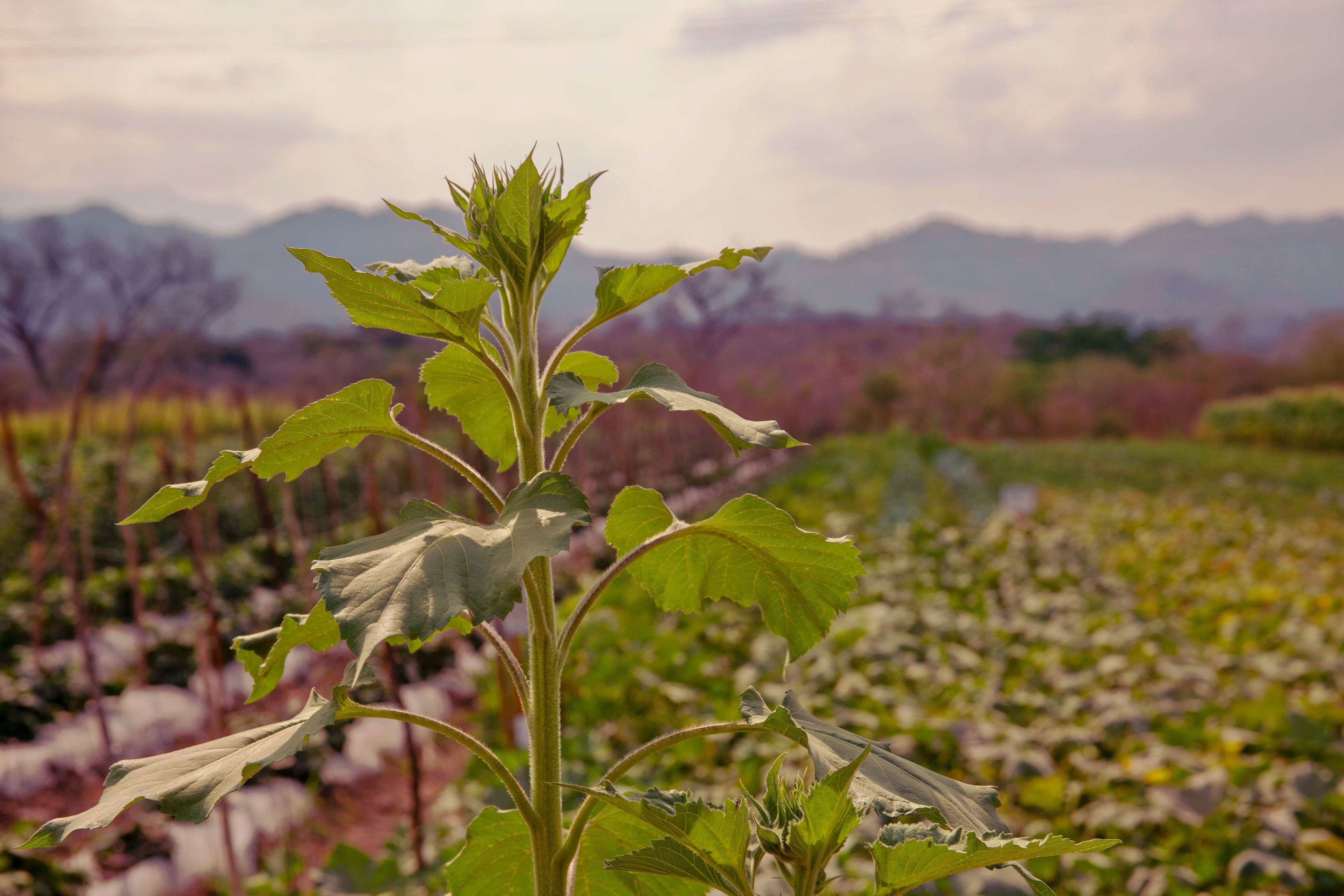
News media may republish this story. A text version and art are available for download.



